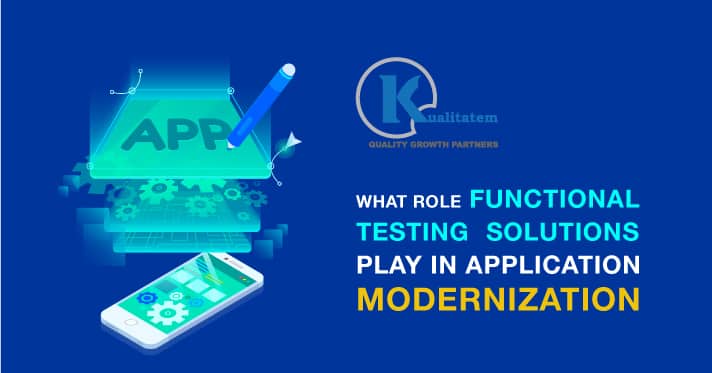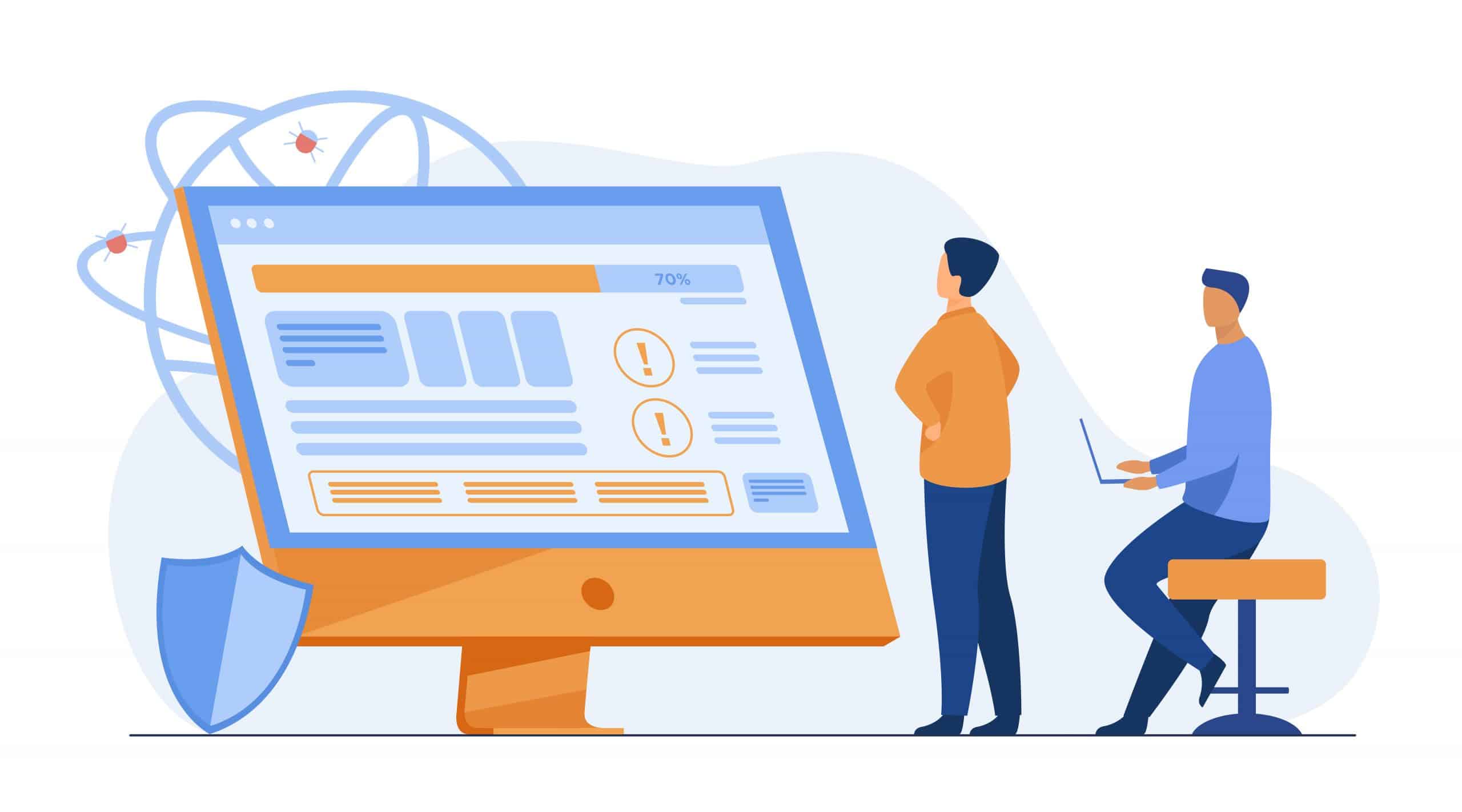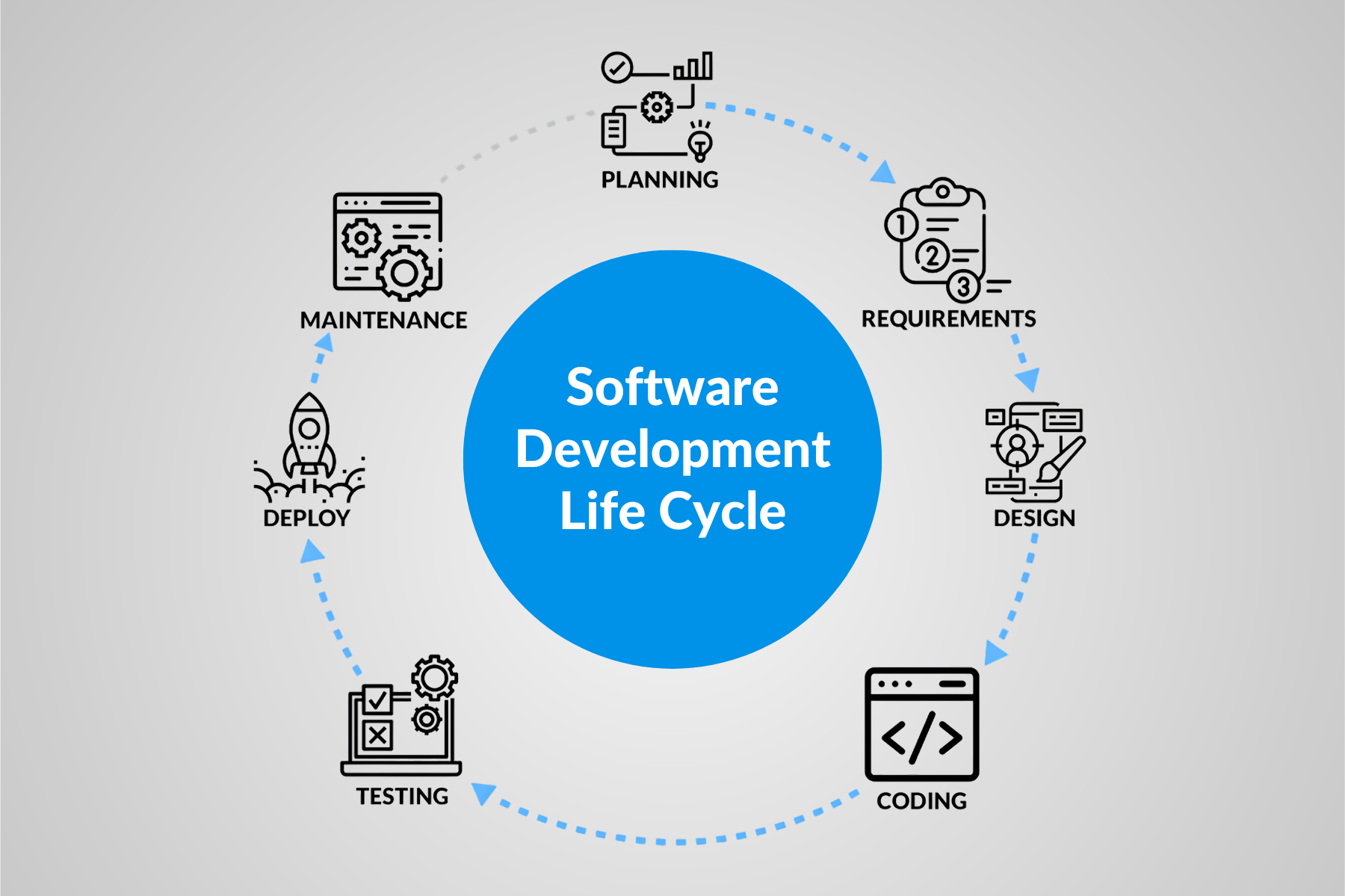Role of Functional Testing Solutions in Application Modernization

- January 11, 2019
- HibaSulaiman
So what really happens in a typical Functional Testing setting? Taking an example of this black-box testing type, different software functions are tested using different inputs. Then, the output is checked thoroughly and measured to sustain accuracy and efficiency.
Functional Testing Solutions are crucial for the development of software application since it helps to check the software’s dependency much before it is finally released for the users or across the IT infrastructures. Performance Testing and Functional Testing both happen to be the two most elementary pre-deployment stage testing activities that are essential to conducting during the application development process.
Since digital technologies are shifting the way an application is used and facilitates in assessing how long it would sustain in the market under different emerging risks. Functional Testing helps to understand if the core purpose of the application is served and also whether the users can experience the application just as it is expected.
Additionally, Functional Testing is executed to evaluate how the designed application program reacts to the host systems that it will run on.
Through functional testing, teams can resolve a whole variety of issues, right from the security concerns and accessibility issues all the way to performance issues within the application.
It also helps to fix issues even while an upgrade is being implemented or being rolled out. With Functional Test Automation, testing different areas in this context becomes a repetitive task and a loop is created that is repeated constantly. This helps to confirm that we get a perfectly functioning software application.
These are only a few basic fortes and benefits of implementing Functional Testing solutions.
Talking about Application Development, how crucial is the role of Functional Testing in Application Modernization? An Application Modernization program helps to enhance the scope and value of the existing applications. The program performs a particular function for the user or for a new application program.
Software Functional Testing is generally executed towards the end of development. The developers test the compatibility and performance of the application, and during the process, different test cases are written and tested individually across the entire software.
Digital Transformation is bringing out numerous opportunities for businesses to boost their application’s scope and performance. Adding the newest features to their existing software on a regular basis is something every business has to face.
Application Modernization is enforced for enabling the improvement process and continue to keep the application new and charming for the users.
Functional Testing gets within the application’s code to safeguard that the new features inserted do not mess up with the overall functioning of the software.
How Software Functional Testing can enable Application Modernization?
The vital role of Functional Testing in development of an application has been discussed above. However, in Application Modernization, the role magnifies since it brings in it’s a new deal of risks, challenges, and scope for upgrading and upgrading the application. Alternatively, it also supports teams for authenticating the efforts.
Delivering the anticipated outcome
Functional Testing solutions address the concerns to ensure effective deployment of functional requirements. It is usually referred to as black box testing.
With Functional Test suites, every user case scenario becomes a functional test. Therefore, when a new function is introduced within the application, the particular functional test is applied after it has been unit tested. The significance of functional tests depends entirely on the priorities and objectives that have been pre-defined for the application.
Seamless functioning and projected business outcome from all the functions
Through System Testing, the teams are able to execute end-to-end functional tests across software units. This helps to confirm that, as a whole, all the functions provide the desired business outcome. The focus remains on the general scenario that needs critical units to integrate and provide a particular activity.
Hence, all subsystems need to be tested originally before they are merged with another subsystem. For avoiding any difficulties in recognizing immediate errors, the components are regularly integrated after being tested individually.
This is quite pertinent in an Application Modernization scenario, where new features are added, but these new features must integrate and function with the existing ones for delivering a seamless experience.
Application changes do not affect the system overall
Regression Testing is essential to make sure that the code modifications do not invite in bugs or glitches that could in one way or another affect the overall system. Therefore, it should integrate plans from the original unit that also comprises of functional as well as system tests. This helps in representing the current functionality that is projected from the application.
Regression testing might not be necessary for the overall system, nonetheless, it is needed in some functional areas that are complicated in nature.
Yet, the challenge exists in modernizing legacy applications, where the development teams deal with the hardcoded business process workflow and other closely bound legacy codes.
Kualitatem performs testing earlier in the software life cycle to avoid defects and identifying issues early in the process to decrease the overall testing costs, reworking costs and also to improve quality.











